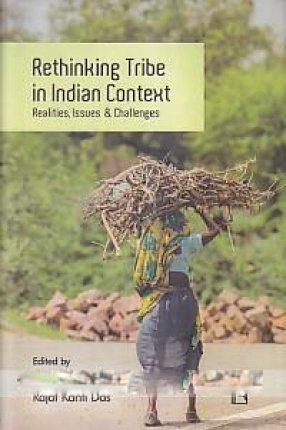
Showing all 7 books

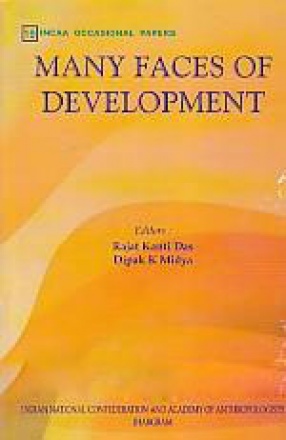
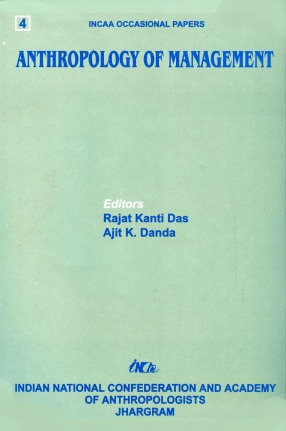
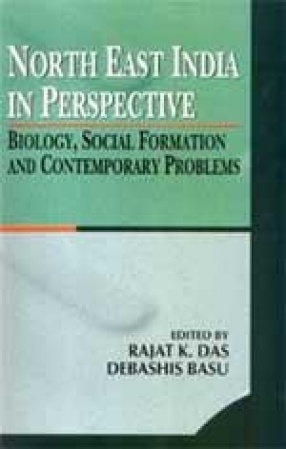
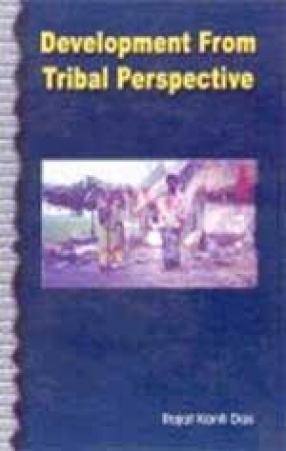

The general understanding about tribes in India is somewhat hazy, confusing and at times biased. Tribals are almost invariably equated with marginalised, deprived or disadvantaged groups. With the rapid change of the so-called 'development' scenario since independence, it is imperative to re-examine and re-assess tribes in the Indian context with a view to underline the major concepts that go with tribal formation and see them in the context of their geographical ...

The papers presented at a symposia deal with development as influenced by various factors such as colonial and post-colonial histories, nature of governance, role of development agencies, accessible resources, education levels, pre-existing organisations to carry out development tasks, gender differentials and empowerment of women. The papers stress the importance of indigenous knowledge and local institutions in development interventions as well as the loss of ...

The Book is a collection of papers presented in a symposium at the First Indian Anthropological Congress of the Indian National Confederation and Academy of Anthropologists (INCAA). Though the papers cover diverse fields they are all issue-based and are attempts to dispel the myth that anthropology fails to take in its stride the contemporary problems faced by the human beings. Though the findings of the authors are not conclusive enough they have at least ...
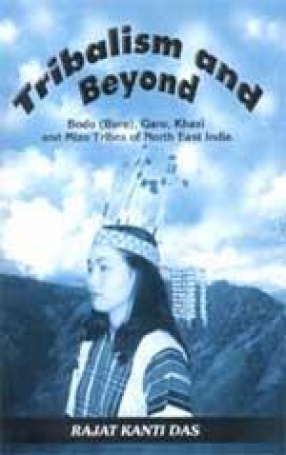
The book deals with history and cultures, ethnocentric tendencies and changes in the context of contemporary politics of a selected group of North-East Indian tribes, who may be regarded as test cases for setting up a healthy democratic system that may be able to accommodate differential cultural expressions. While describing their history of migration, distinctive socio-cultural features, problems of development and the like, it makes a special efforts to ...

The trend of social science research that has been set in North-East India during the past 50 years or so has given rise to a regional approach to the socio-demographic and socio-cultural domains of existence reflected in the lifestyles of the original people, particularly the tribals, who though disadvantaged in many respects, seem to have a kind of natural association with the region. Given the variations at biological demographic, socio-cultural and political ...

In spite of all the attention that has been given to development from all quarters, it just can not be taken as a panacea. This is particularly so in the case of development of tribals. But there could have been better prospect for tribal development in India because of more opportunities for community participation in the tribal sphere. After all, sustenance of human development depends a lot on community participation. The present exercise based on a study ...

